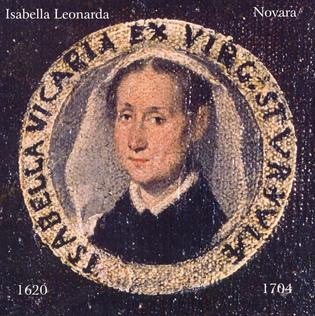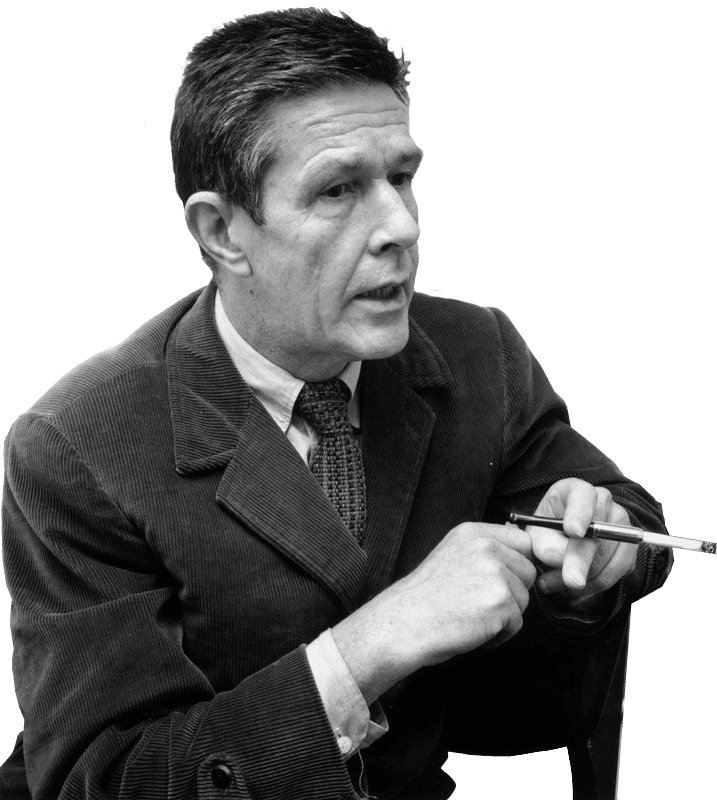This Week in Classical Music: September 5, 2022.An overly-abundant week.Here are some of the composers born this week: one of the greatest English composers Henry Purcell; his compatriot William Boyce; Johann Christian Bach, or “the London Bach,” Johann Sebastian’s youngest son; Giacomo Meyerbeer, a Jewish-German composer who spent much of his time in France and, according to the musicologist Matthias Brzoska was “the most frequently performed opera composer during the 19th century, linking Mozart and Wagner”; Isabella Leonarda, an Italian nun and a prolific composer, a contemporary of Lully, Buxtehude, Corelli and Purcell (Purcell’s life was very short, just 36 years, whereas Leonarda lived for 84 years; she was born 39 years before Purcell and outlived him by almost nine years).Then, as we jump ahead more than a century, we meet the Czech composers Antonin Dvořák (probably the most famous of a rather small number of Czech classical composers) and soon after – the very popular Amy Beach, known as the first successful female composer of large-scale music, even though we think it’s her small-form pieces that are more interesting and inventive.Ms. Beach died in 1944, which brings us into the 20th century (Dvořák also died in the last century, 40 years earlier) and here we have one of the most unusual of avant-garde American composers, John Cage; and also Arvo Pärt, a very popular Estonian who will be 87 on September 11th.
There are more, most not as famous as the ones listed above, and we’ll mention only two of them, Hernando de Cabezón, the son of more notable Antonio de Cabezón, a composer, music publisher and the organist to the Spanish King Philip II (Philip was also the most important patron of the great Italian painter Titian – the Prado museum in Madrid contains the greatest collection of Titians’ paintings).Also, the Danish composer Friedrich Kuhlau, familiar to many who had studied the piano and played his sonatinas.
We’d like to give you a couple of samples of the music of our composers taken from very different eras.First, Isabella Leonarda’s Magnificat, composed in 1696.It’s performed by the Italian ensemble Musica Laudantes (here).And here, from 1950, is John Cage’s String Quartet in Four Parts, recorded by the Adritti Quartet.
Two Russian pianists were also born this week, Maria Yudina and Lev Oborin, and so was the famous Hungarian violinist, Joseph Szigeti.And the mercurial soprano Angela Gheorghiu will turn 57 this week.Here is the great (and heartbreaking) final scene of Tosca with Gheorghiu and her then husband Roberto Alagna.Antonio Pappano leads the orchestra of the Covent Garden Opera in this recording from year 2000.
Over-abundance, 2022
This Week in Classical Music: September 5, 2022. An overly-abundant week. Here are some of the composers born this week: one of the greatest English composers Henry Purcell; his compatriot William Boyce; Johann Christian Bach, or “the London Bach,” Johann Sebastian’s youngest son; Giacomo Meyerbeer, a Jewish-German composer who spent much of his time in France and, according to the musicologist Matthias Brzoska was “the most frequently performed opera composer during the 19th century, linking Mozart and Wagner”; Isabella Leonarda, an Italian nun and a prolific composer, a contemporary of Lully, Buxtehude, Corelli and Purcell (Purcell’s life was very short, just 36 years, whereas Leonarda lived for 84 years; she was born 39 years before Purcell and outlived him by almost nine years). Then, as we jump ahead more than a century, we meet the Czech composers Antonin Dvořák (probably the most famous of a rather small number of Czech classical composers) and soon after – the very popular Amy Beach, known as the first successful female composer of large-scale music, even though we think it’s her small-form pieces that are more interesting and inventive. Ms. Beach died in 1944, which brings us into the 20th century (Dvořák also died in the last century, 40 years earlier) and here we have one of the most unusual of avant-garde American composers, John Cage; and also Arvo Pärt, a very popular Estonian who will be 87 on September 11th.
youngest son; Giacomo Meyerbeer, a Jewish-German composer who spent much of his time in France and, according to the musicologist Matthias Brzoska was “the most frequently performed opera composer during the 19th century, linking Mozart and Wagner”; Isabella Leonarda, an Italian nun and a prolific composer, a contemporary of Lully, Buxtehude, Corelli and Purcell (Purcell’s life was very short, just 36 years, whereas Leonarda lived for 84 years; she was born 39 years before Purcell and outlived him by almost nine years). Then, as we jump ahead more than a century, we meet the Czech composers Antonin Dvořák (probably the most famous of a rather small number of Czech classical composers) and soon after – the very popular Amy Beach, known as the first successful female composer of large-scale music, even though we think it’s her small-form pieces that are more interesting and inventive. Ms. Beach died in 1944, which brings us into the 20th century (Dvořák also died in the last century, 40 years earlier) and here we have one of the most unusual of avant-garde American composers, John Cage; and also Arvo Pärt, a very popular Estonian who will be 87 on September 11th. 
There are more, most not as famous as the ones listed above, and we’ll mention only two of them, Hernando de Cabezón, the son of more notable Antonio de Cabezón, a composer, music publisher and the organist to the Spanish King Philip II (Philip was also the most important patron of the great Italian painter Titian – the Prado museum in Madrid contains the greatest collection of Titians’ paintings). Also, the Danish composer Friedrich Kuhlau, familiar to many who had studied the piano and played his sonatinas.
We’d like to give you a couple of samples of the music of our composers taken from very different eras. First, Isabella Leonarda’s Magnificat, composed in 1696. It’s performed by the Italian ensemble Musica Laudantes (here). And here, from 1950, is John Cage’s String Quartet in Four Parts, recorded by the Adritti Quartet.
Two Russian pianists were also born this week, Maria Yudina and Lev Oborin, and so was the famous Hungarian violinist, Joseph Szigeti. And the mercurial soprano Angela Gheorghiu will turn 57 this week. Here is the great (and heartbreaking) final scene of Tosca with Gheorghiu and her then husband Roberto Alagna. Antonio Pappano leads the orchestra of the Covent Garden Opera in this recording from year 2000.